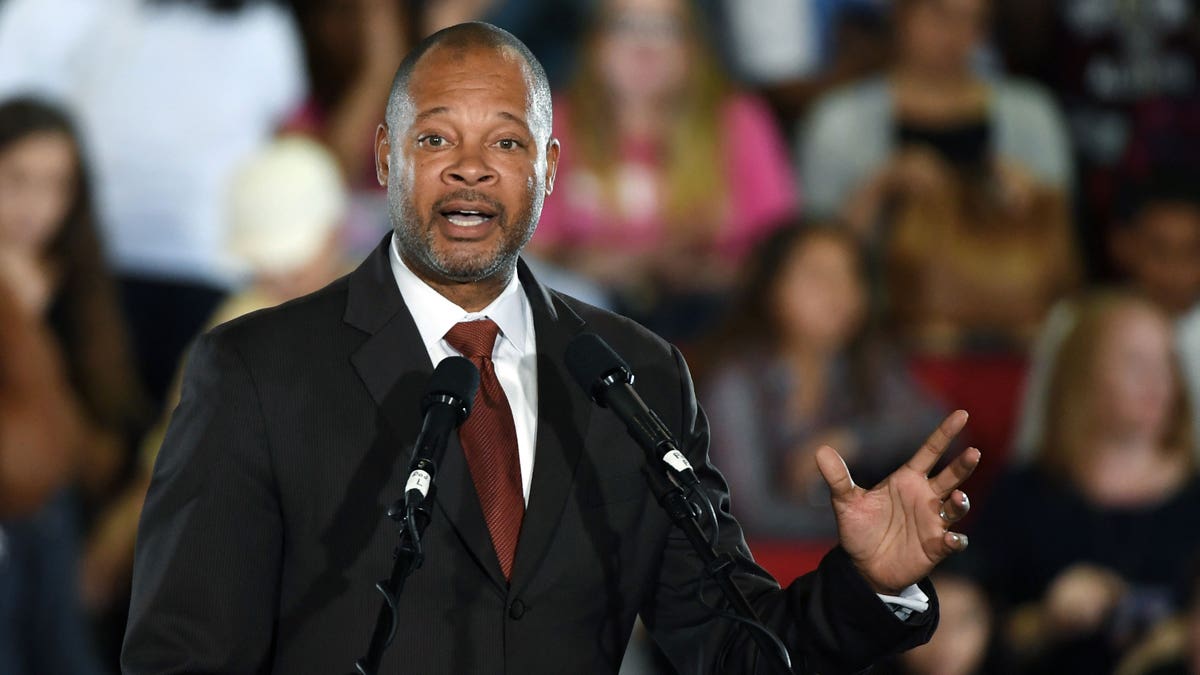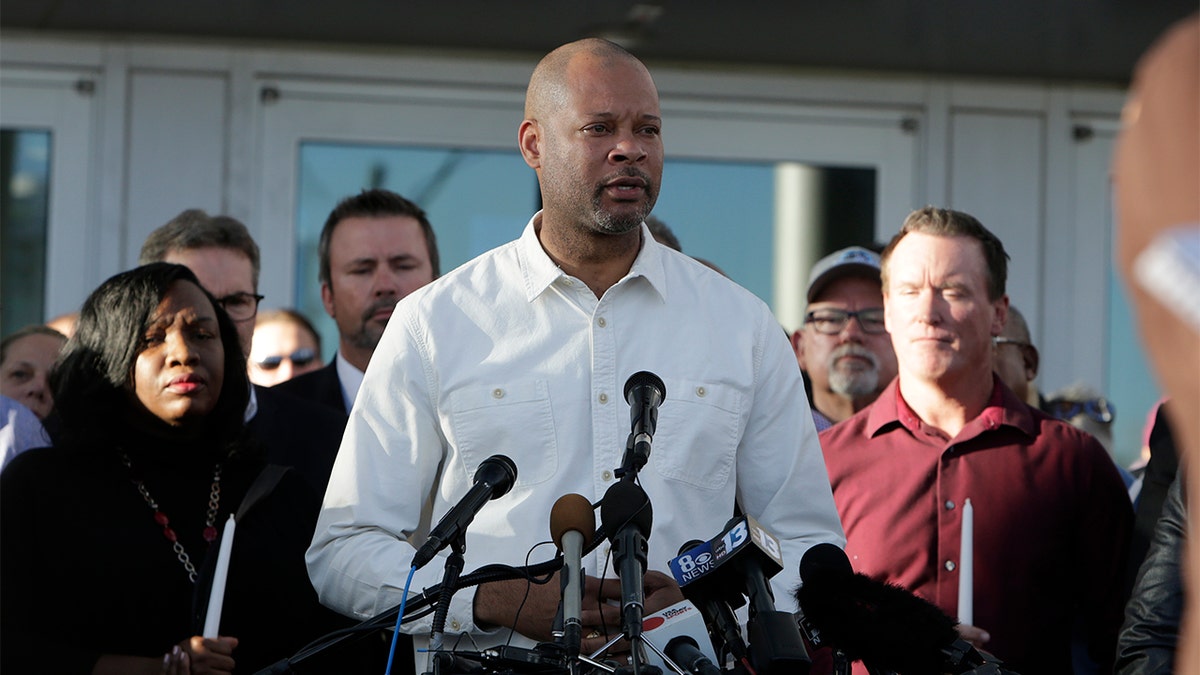Nevada Attorney General Aaron Ford's reaction to the Supreme Court's affirmative action ruling has drawn sharp criticism from several Asian American community leaders in the state. Ford, a Democrat, expressed strong disapproval of the decision, characterizing it as an attack on efforts to address historical racism. He vowed to "fight harder" against the ruling and encouraged others to channel their frustration into action.
These remarks were met with disappointment by several prominent Asian American figures in Nevada. Pauline Lee, a founding member of the Asian Bar Association of Las Vegas and other community organizations, expressed offense at Ford's stance. She criticized his apparent advocacy for judging individuals based on race rather than merit, viewing it as divisive. Lee emphasized the importance of evaluating applicants based on "intellect and abilities" rather than skin color.

Raja Mourey, president of the Las Vegas Asian Chamber of Commerce, echoed this sentiment, stating the organization's belief in prioritizing merit in college admissions. Mourey argued that a merit-based system ensures equal opportunity for all, regardless of background. Lily Lin, a mother of three with children in the Las Vegas school system, also voiced her disapproval. She found Ford's position deeply offensive and criticized his apparent support for race-based discrimination. Lin highlighted the historical discrimination faced by Asian Americans, emphasizing the unfairness of continuing such practices. She questioned why race should grant certain individuals more rights and privileges.


This is not the first time Ford has faced scrutiny for his views on affirmative action. In 2020, a Las Vegas Review-Journal columnist criticized Ford for signing an amicus brief supporting Harvard University's practice of considering race in admissions, a practice that some argue disadvantages Asian American applicants. The Supreme Court's June 29th ruling declared the use of race as a determining factor in college admissions unconstitutional, citing the 14th Amendment's equal protection clause.








